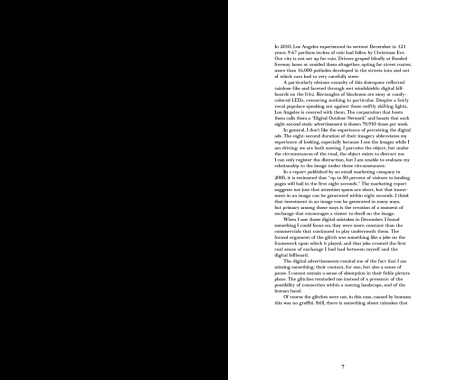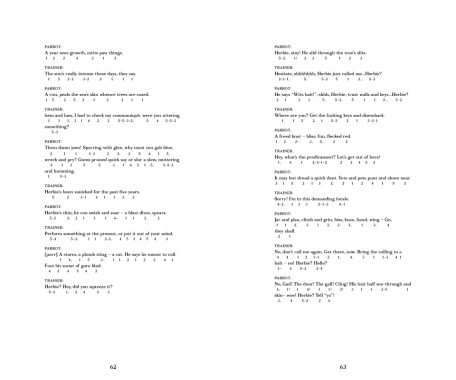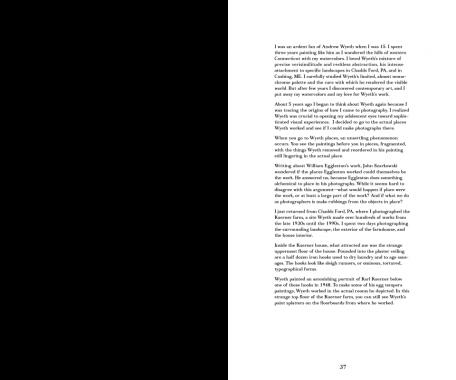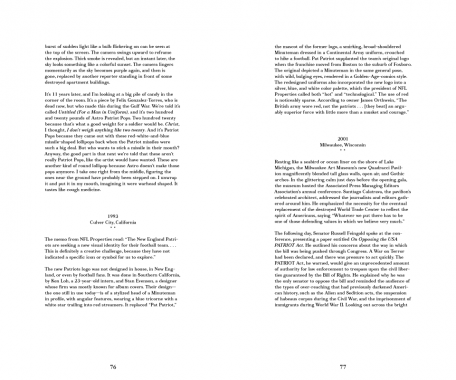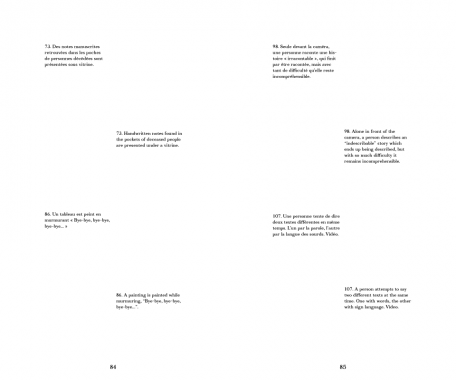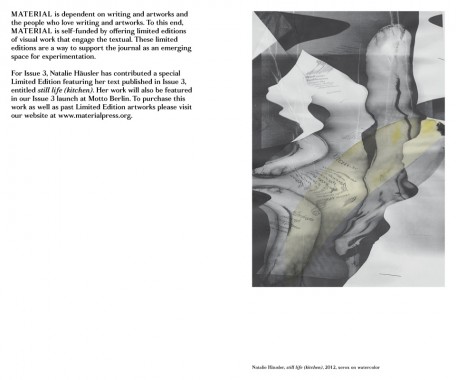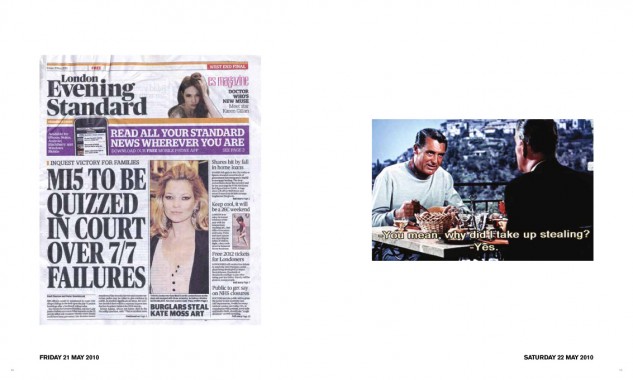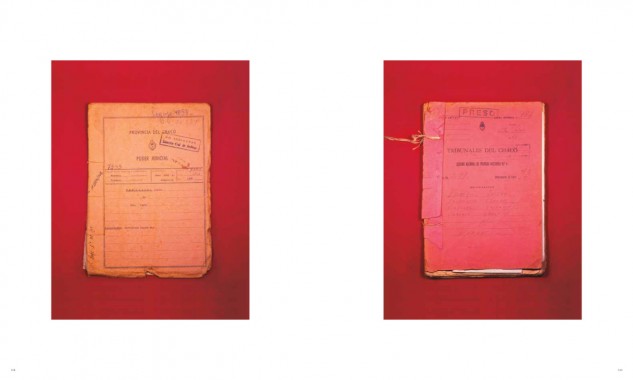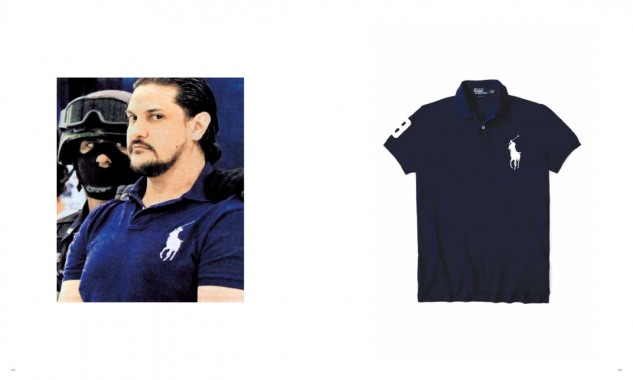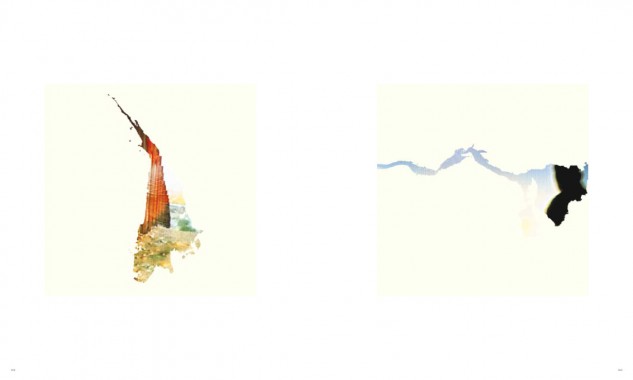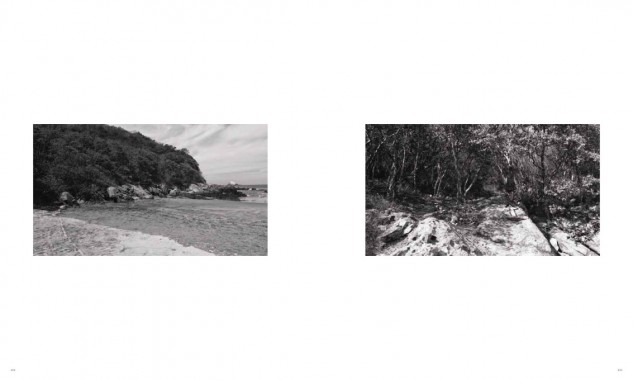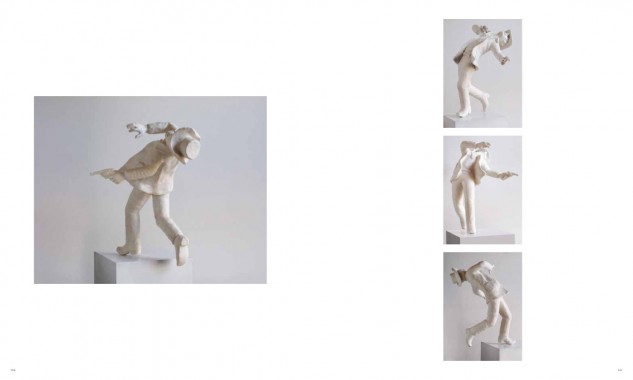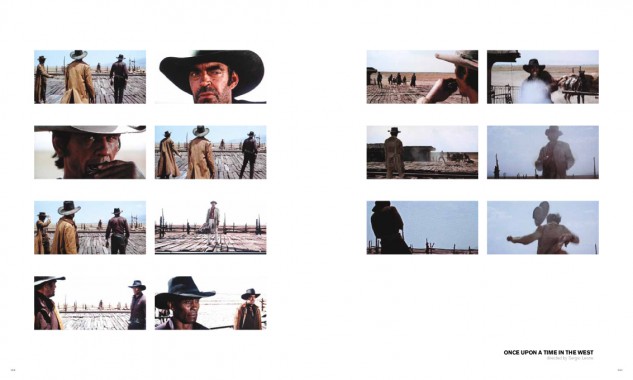MATERIAL 3
Ginny Cook and Kim Schoen, MATERIAL 3
Softcover, 96 pp. + insert, offset 2/1, 160 x 270 mm
Edition of 500
ISBN 978-0-9801441-2-3
Published by MATERIAL Press
$15.00 ·
Concatenation (c.1600, from L.L. concatenatus, pp. of concatenare “to link together,” from com- “together”+ catenare, from catena “a chain”) seemed an appropriate word for our editorial method. An unlikely assemblage of texts becomes connected through this process; uncanny linkages emerge. Wyeth appears twice. Performances interact. In this issue: voices that duel, voices that parrot, voices that hypothesize, translate, and meditate, voices that speak simultaneously. As Roland Barthes writes, we have assembled these textual events, as “pleasure in pieces; language in pieces; culture in pieces,” to build upon one another into something new.*
*Roland Barthes, The Pleasure of the Text, trans. Richard Miller (New York: Hill and Wang, 1975), p. 51
CONTRIBUTORS
Farrah Karapetian, Paul Zelevansky, Renee Petropoulous, Nate Harrison, James Welling, Natalie Häusler, Harold Abramowitz, Shana Lutker Stephanie Taylor, Alice Könitz, Frank Chang, and Emily Mast.
Alice Konitz, Andrew Wyeth, Art, Catherine Guiral, Concatenare, Criticism, Daniel Lucas, Design, Distribution, Dorit Cypis, Emily Mast, Farrah Karapetian, Frank Chang, Ginny Cook, Harold Abramowitz, James Welling, John Stezaker, Jonathan Miles, Kim Schoen, MATERIAL Press, Natalie Häusler, Nate Harrison, Olivier Richon, Paul Zelevansky, Quentin Walesch, Renee Petropoulous, Richard Miller, Roland Barthes, Shana Lutker, Stephanie Taylor, Theory, Thomas Lawson, Typecraft Wood & Jones, Typography, Wendy Schoen, Zak Jensen
The Mexican Suitcase
Enrique Santos, The Mexican Suitcase
Softcover with flaps, 360 pp., offset 4/1, 200 x 240 x 32 mm
English and Spanish
Edition of 2000
ISBN 978-607-7636-29-8
Published by Landucci
$45.00 ·
Santos’ work is a way of thinking about how contemporary art is produced, and at the same time it talks about the gaze, the interpretation of he/she who observes, the understanding and production that comes with every look. It reflects upon a single active spectator, who builds a discourse, appropriates all meanings and elaborates on them according to his life story, and his social, cultural and emotional capital. That gaze has a filter through which history is interpreted. It talks about and with the viewer without underestimating his capacity for understanding. From the very beginning, the book presents a relationship of shared complicity, discourse, codes and understandings, but demands a lucid and imaginative perspective.
Retaking film, journalistic, documentary and advertising language, Santos quotes and reinterprets the great thieves of the screen and some real criminals, in order to talk about lies, confusions, myths and misunderstandings, as well as an ever more violent and heartbreaking reality that crawls into our lives through trivialized and shallow images.
— Florencia Magaril
Aaron Smuts, Antonieta Cruz, Art, Deleuze & Guattari, Distribution, Edward Said, Enrique Santos, Film, Florencia Magaril, Gilberto Salinas, Goya, Graham Huggan, Guadalajara, Jalisco, Jean-Luc Goddard, Jorge Luis Borges, Landucci, Marshal McLuhan, Mexico, Pepe Montelongo, Photography, Randy Kennedy, Roland Barthes, Roman Gubern, Sculpture, Tera Patrick, Werner Herzog


